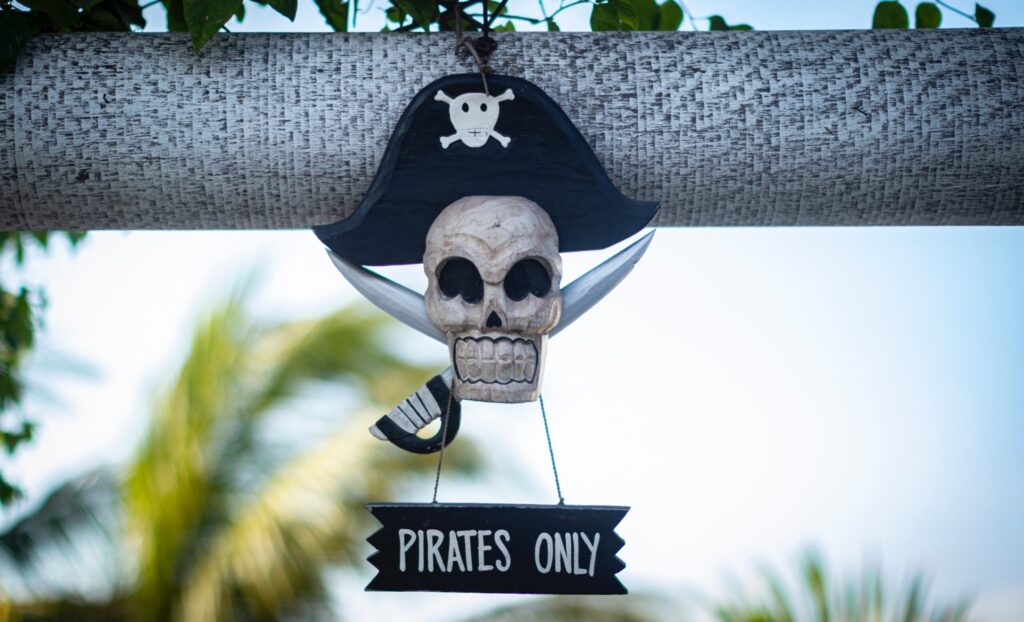 Avast Ye Mateys! Get Ready to Sail the High Seas of Laughter and Adventure!
Avast Ye Mateys! Get Ready to Sail the High Seas of Laughter and Adventure!
Ahoy, we hearties! Embark on a thrilling voyage into the captivating world of piracy as we explore some of the most exciting and renowned pirate festivals from around the globe.
These swashbuckling celebrations bring the tales of legendary buccaneers to life, allowing visitors to immerse themselves in a world of adventure, history, and maritime merriment–from the shores of Tampa, Florida, where the Gasparilla Pirate Festival reigns supreme, to the picturesque harbors of Brixham, England, and an idyllic coastal town in Oregon, these festivals offer a kaleidoscope of sights, sounds, and experiences that will enthrall both young and old.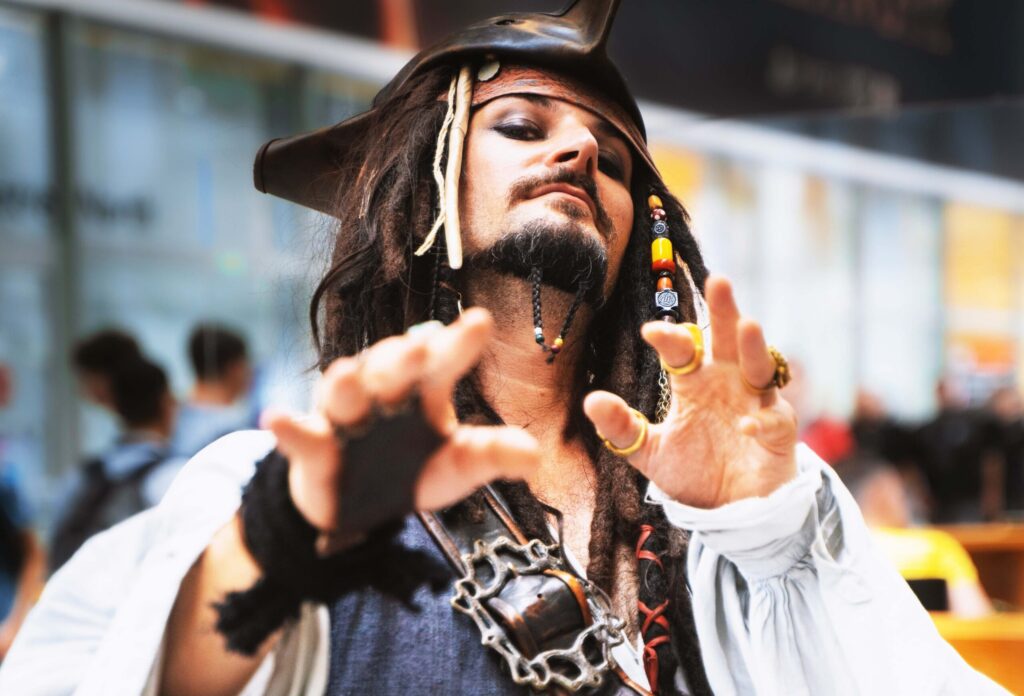 So hoist the Jolly Roger, don your finest pirate attire, and get ready to raise the anchor on an unforgettable journey through the world’s best pirate festivals!
So hoist the Jolly Roger, don your finest pirate attire, and get ready to raise the anchor on an unforgettable journey through the world’s best pirate festivals!
Here is a list of some famous pirate festivals and why they are great:
- Gasparilla Pirate Festival (Tampa, Florida, USA): Gasparilla is one of the largest pirate festivals in the United States, held annually in Tampa, Florida. It honors the legendary pirate José Gaspar, also known as Gasparilla. The festival includes a massive pirate invasion with a flotilla of ships, parades, live music, and elaborate pirate costumes. It attracts thousands of visitors and creates a vibrant and fun-filled atmosphere in the city.
- Pirates Week Festival (Cayman Islands): Pirates Week is a ten-day celebration of the Cayman Islands’ pirate heritage. The festival includes reenactments of pirate landings, street dances, costume competitions, local food, and fireworks displays. This is the largest event in the Caribbean and it combines history, culture, and entertainment, making it a great experience for locals and tourists.
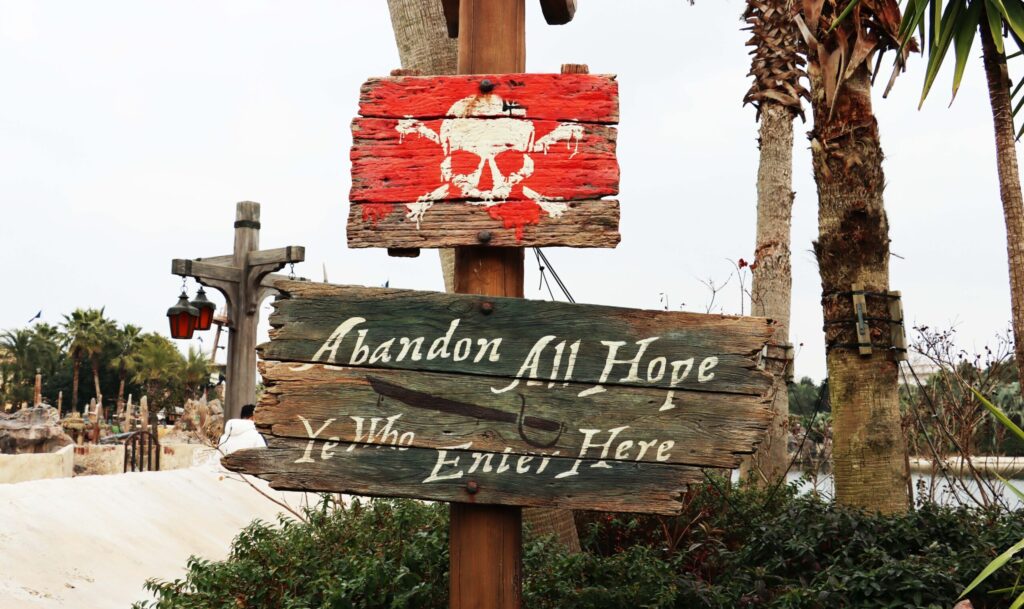
- Brixham Pirate Festival (Brixham, England): The Brixham Pirate Festival takes place in the picturesque fishing town of Brixham in Devon, England. During this festival, the town’s harbor and streets come alive with pirates, smugglers, and buccaneers. The event includes theatrical performances, live music, naval battles, and a large pirate parade, all set against the backdrop of a beautiful coastal setting.
- Hastings Pirate Day (Hastings, England): Hastings Pirate Day is an annual celebration of all things pirate, held in the historic town of Hastings, England. The festival features a treasure hunt, pirate-themed entertainment, and many pirate-inspired costumes. The event draws both locals and tourists and helps support the local community.
- Pirates of the Pacific Festival (Brookings, Oregon): The Pirates of the Pacific Festival in Oregon is an annual event that celebrates the adventurous spirit of pirates and maritime history. Held along the scenic coast of Oregon, the festival features activities, including pirate-themed performances, interactive games, treasure hunts, a grand pirate parade, thrilling reenactments, live music and maritime-inspired cuisine. The event brings together pirate enthusiasts, families, and history buffs alike.
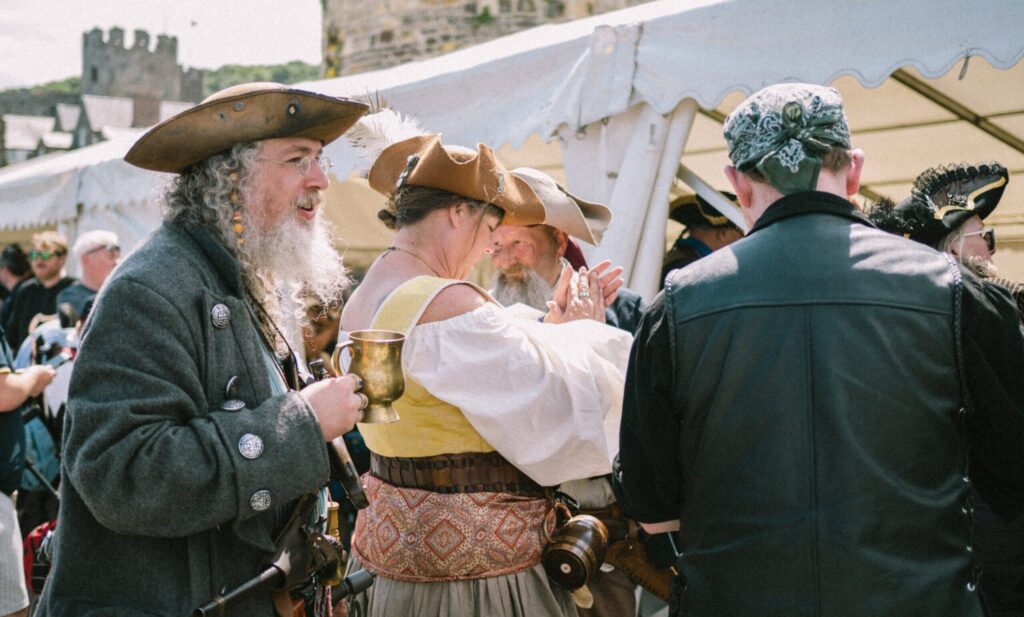 TIP: These pirate festivals are great because they offer a unique blend of history, culture, and entertainment. They allow people to embrace their inner swashbucklers, dress in pirate costumes, and indulge in adventure and fun.
TIP: These pirate festivals are great because they offer a unique blend of history, culture, and entertainment. They allow people to embrace their inner swashbucklers, dress in pirate costumes, and indulge in adventure and fun.
Did you know?
Contrary to popular belief, pirates didn’t bury their treasure in buried treasure chests on desert islands. The idea of pirates burying their loot in secret locations likely originated from fictional stories and novels.
In reality, pirates were more inclined to spend their loot quickly, often on food, drinks, and entertainment, rather than burying it for long-term storage.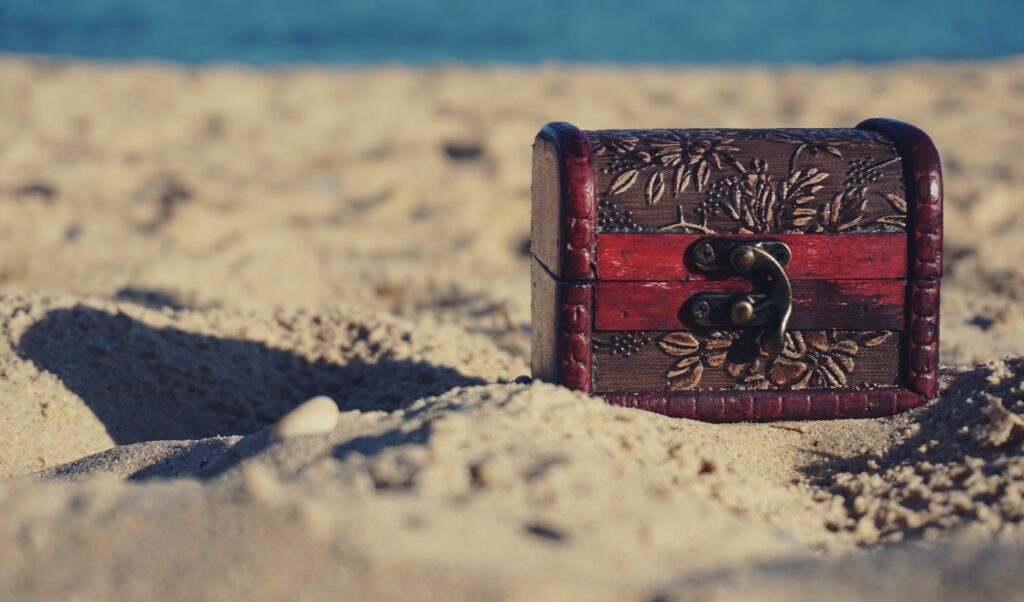 Additionally, most valuables they looted were goods, such as spices, silks, and precious metals, which were easier to transport and trade than burying heavy chests of coins or gold.
Additionally, most valuables they looted were goods, such as spices, silks, and precious metals, which were easier to transport and trade than burying heavy chests of coins or gold.
The image of a pirate burying treasure on a remote island has become an enduring and romanticized part of pirate lore. Still, it is not a historically accurate portrayal of their behavior.
Ahoy there! A little Pirate history:
- The “Golden Age” of Piracy: The late 17th and early 18th centuries are often called the “Golden Age” of piracy. During this time, pirates roamed the Caribbean, the Atlantic, and the Indian Ocean, preying on merchant ships and naval vessels of various nations.
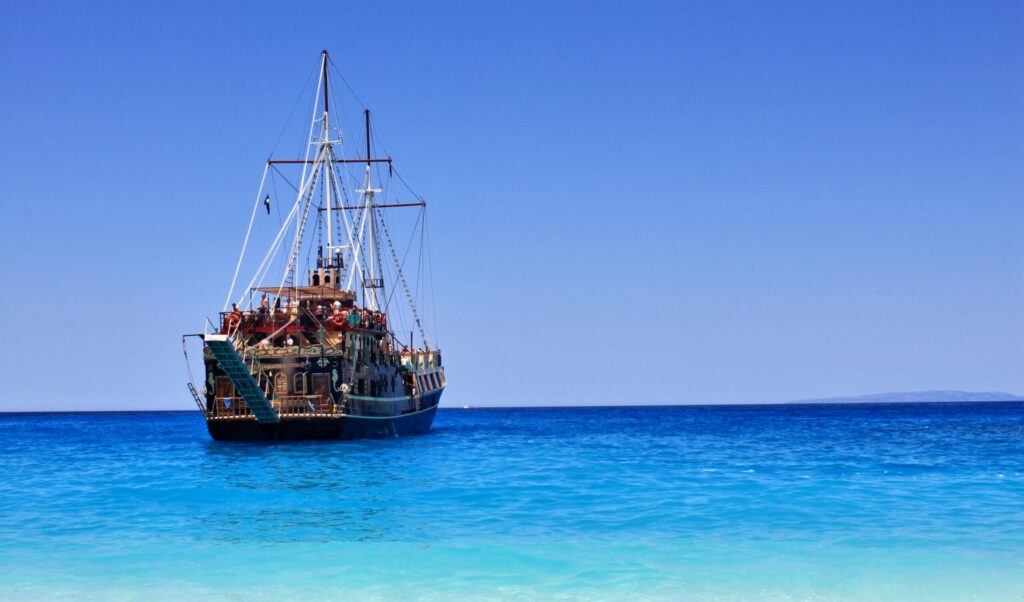
- Privateers and Buccaneers: Many pirates were originally privateers, individuals authorized by governments to attack and capture enemy ships during times of war. When the wars ended, some privateers turned to piracy, seeking riches and adventure outside the confines of the law.
- Notorious Pirates: Some of the most famous pirates during this era include Blackbeard (Edward Teach), Captain Kidd (William Kidd), Bartholomew Roberts, Calico Jack Rackham, and Anne Bonny, among others. Their exploits and legends continue to captivate imaginations to this day.
- Pirate Havens: Pirates established bases in remote and lawless locations, such as Tortuga in the Caribbean and Nassau in the Bahamas. These havens provided them a safe place to rest, refit their ships, and enjoy their ill-gotten gains.
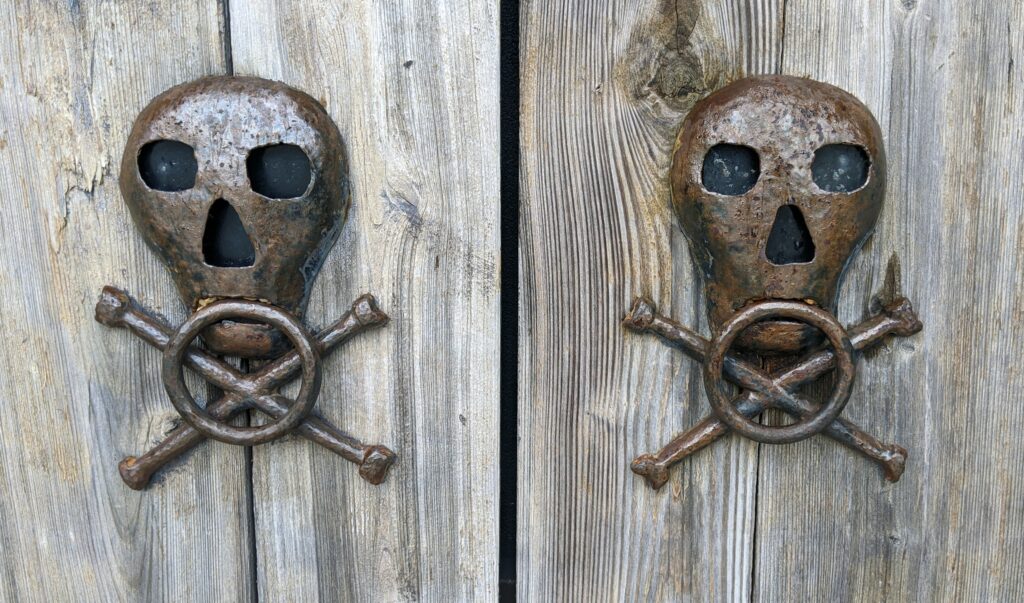
- Pirate Code and Democracy: Pirates often lived by a code of conduct, which varied from crew to crew. The code typically included rules on dividing treasure, resolving disputes, and democratic decision-making processes. Pirates were among the first to practice a form of democracy aboard their ships, where every crew member had a say in important matters.
- The End of the Golden Age: The Golden Age of Piracy began to decline in the early 18th century as nations strengthened their naval forces and implemented harsh anti-piracy measures. The British captured the pirate stronghold of Nassau in 1718, effectively ending the era.
- Modern Piracy: While the “Golden Age” has passed, piracy has not disappeared entirely. Modern pirates continue to operate in various parts of the world, particularly in areas like the Gulf of Guinea, the waters off Somalia, and the Malacca Strait.
Pirate history is a complex and captivating tale of daring adventurers, lawless escapades, and larger-than-life characters that continue to be celebrated today in popular culture and folklore.


